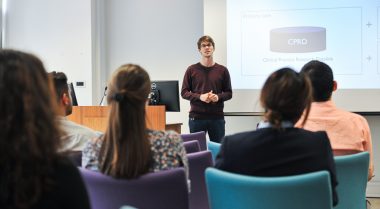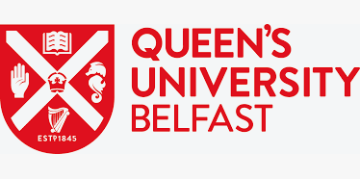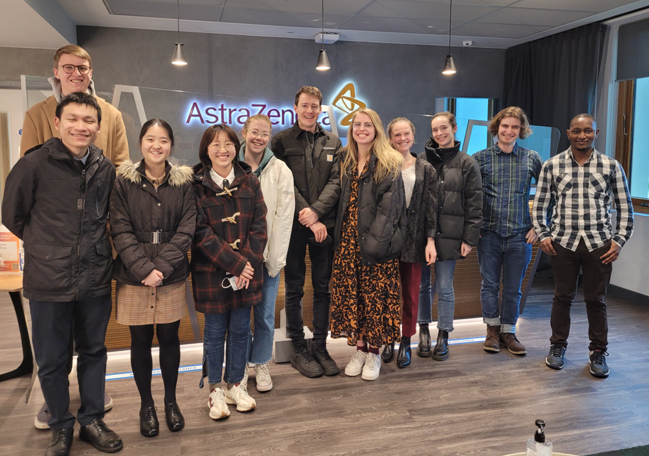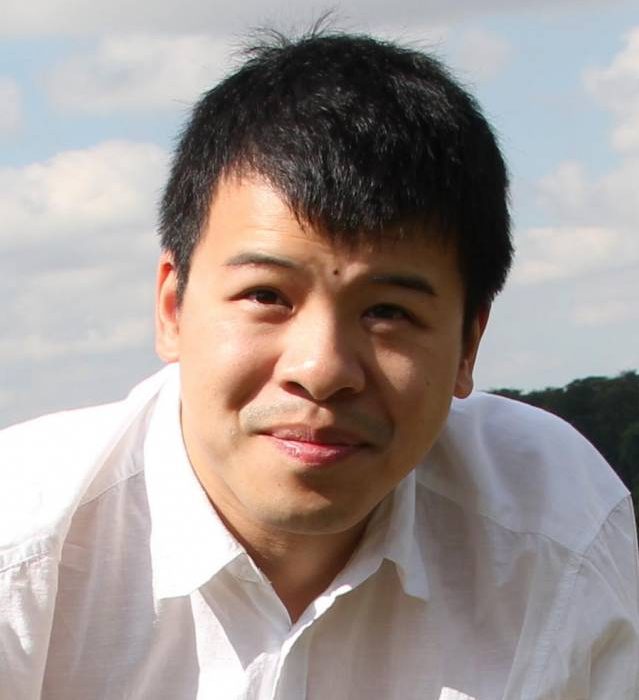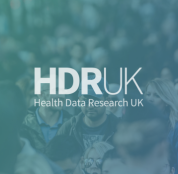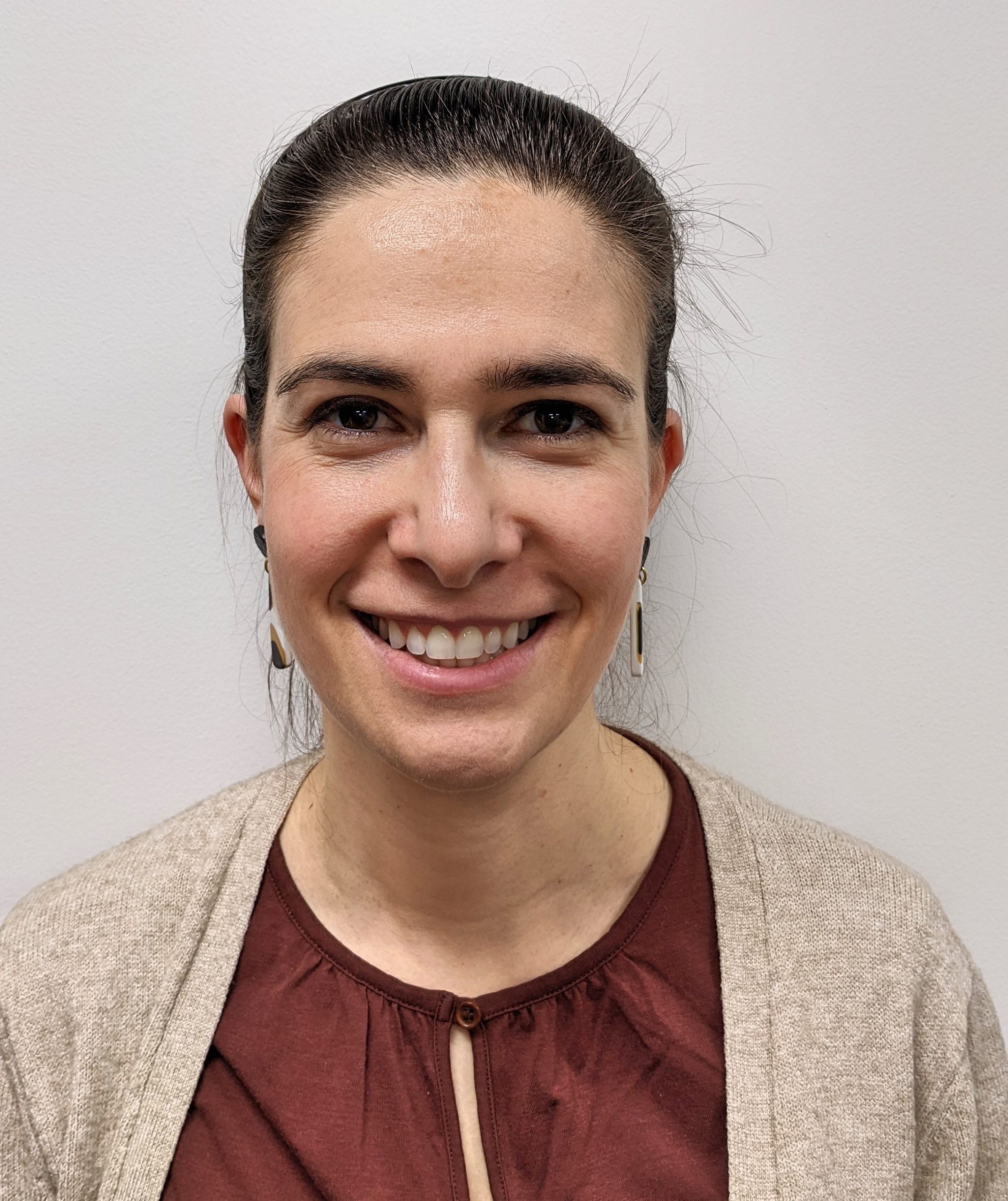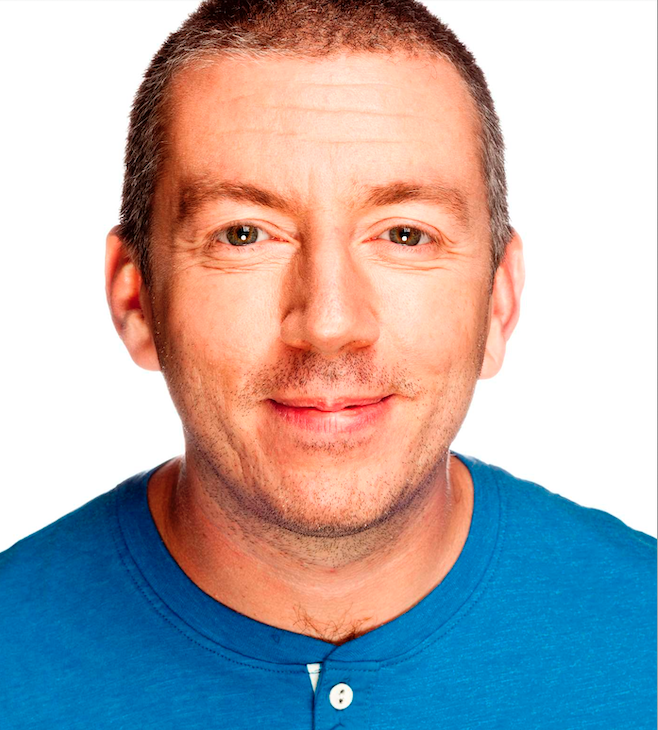What this unique PhD programme offers you
Four-year programme: An initial foundation year allows students to gain real experience and insight into health data research.
 Research that makes a difference: The three-year doctoral research projects undertaken by our students are designed to make a genuine contribution to advancing health and care.
Research that makes a difference: The three-year doctoral research projects undertaken by our students are designed to make a genuine contribution to advancing health and care.
Hosted by leading universities: Our host universities are among the very best in health data research.
Nurturing each student: Our programme aims to identify the particular abilities and interests of each student, and gear their PhD experience to effectively develop them.
Leadership Programme: Students benefit from a bespoke expert-led programme to develop the skills they need to understand, collaborate and influence others.
Generous funding: Students have their tuition fees (UK Home rate), college fees (where applicable), research expenses and travel costs paid and receive an enhanced, tax-free stipend with increases every year. (Y1 outside London: £23,955, Y1 in London: £25,954)
Building networks and experience: We actively support students in building networks and contacts in academia, the NHS and industry as well as taking internships and other opportunities to gain real-world experience. This includes a post-PhD bursary to support your next career step.
Team spirit: Strong relationships are built between our entire cohort of students through joint activities that build a genuine team spirit.
Personal support: Each student has their own Director of Studies who is an additional point of contact during their time with us. All students are also further supported by the PhD team.
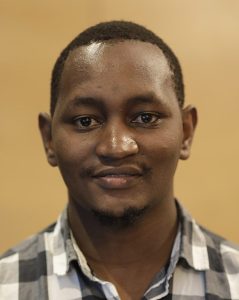
“The PhD programme has enabled me to gain first-hand experience in modern health data science approaches. It’s a truly unrivalled opportunity.” Steven Wambua
Who is the PhD programme for?
We recruit enthusiastic, talented students who want to use data-driven research to develop and shape the UK’s response to the most complex health challenges of our times.
Applicants must have (or be on track to obtain):
- A first class or 2:1 undergraduate degree in statistics, mathematics, computer / data science, physics or an allied subject or
- Another undergraduate degree subject and outcome but can demonstrate their suitability for this programme through additional qualifications or research experience.
Active or currently registered health care professionals are not eligible and should consider the Wellcome PhD Fellowships for Health Professionals.
Applicants also need to meet the following criteria:
- Successful admission to the specified degree programme at one of our partner universities. Students will be expected to meet the admissions requirements of that department and university but do not need to hold the offer at the point of application.
- Two satisfactory academic or relevant references.
- Proof of a legal right to study in the UK or ability to satisfy the current requirements of UK Visa and Immigration.
Training is in-person, hybrid and virtual throughout the first year.
We are committed to a diverse and inclusive research culture. We welcome those who are returning from the workplace, international candidates and everyone underrepresented in STEM and academia. For further details see our FAQs.
We cannot accept applicants who are looking for a part-time PhD or those who are aiming to study whilst continuing to be employed elsewhere.
We aim to accommodate specific needs and personal circumstances. Please make us aware of individual circumstances when applying or contact us directly at phd@hdruk.ac.uk. Please note our applicant privacy notice.
If you have questions or require adjustments to the application process, please contact us below via email or telephone (+44 (0)770 847 8846).
Contact us

 Research that makes a difference: The three-year doctoral research projects undertaken by our students are designed to make a genuine contribution to advancing health and care.
Research that makes a difference: The three-year doctoral research projects undertaken by our students are designed to make a genuine contribution to advancing health and care.



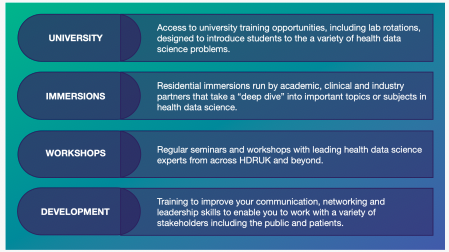
 During years 2-4 of the programme students benefit from our expert-led Leadership Programme to help develop the skills they need to understand, collaborate and influence others in order to deliver significant advances in health and care.
During years 2-4 of the programme students benefit from our expert-led Leadership Programme to help develop the skills they need to understand, collaborate and influence others in order to deliver significant advances in health and care.